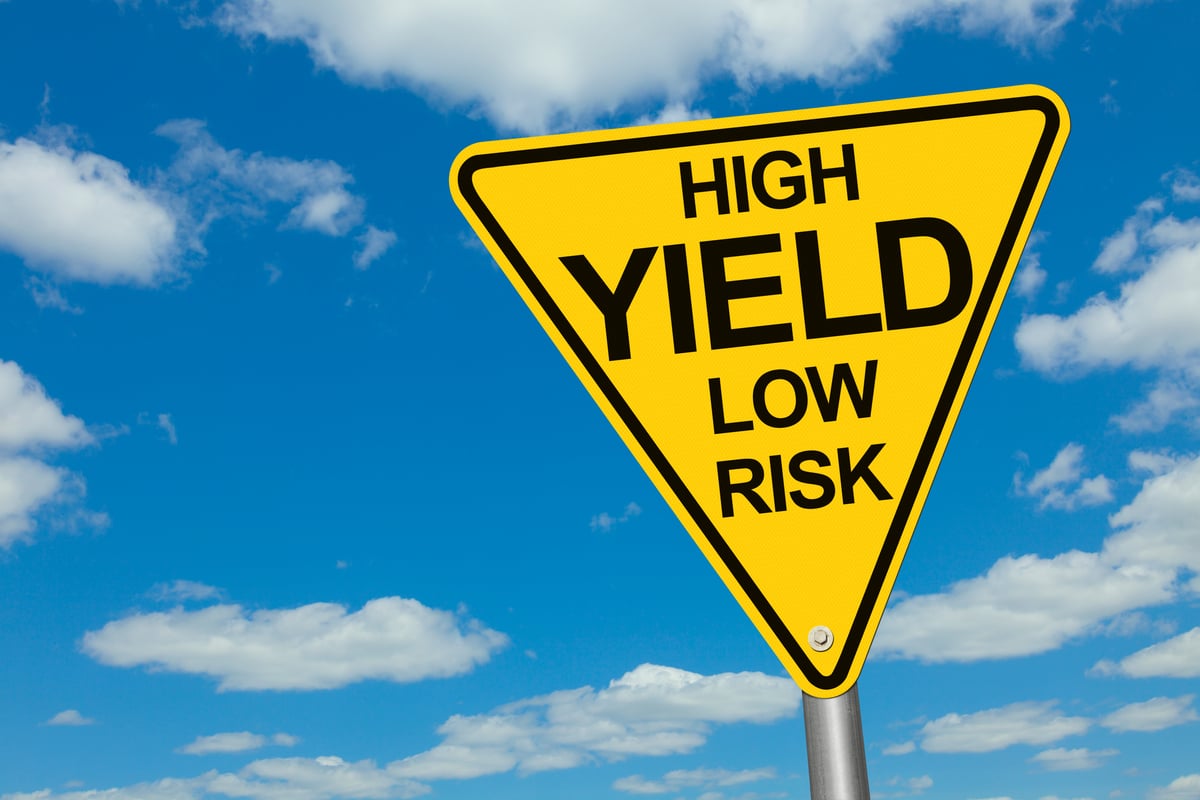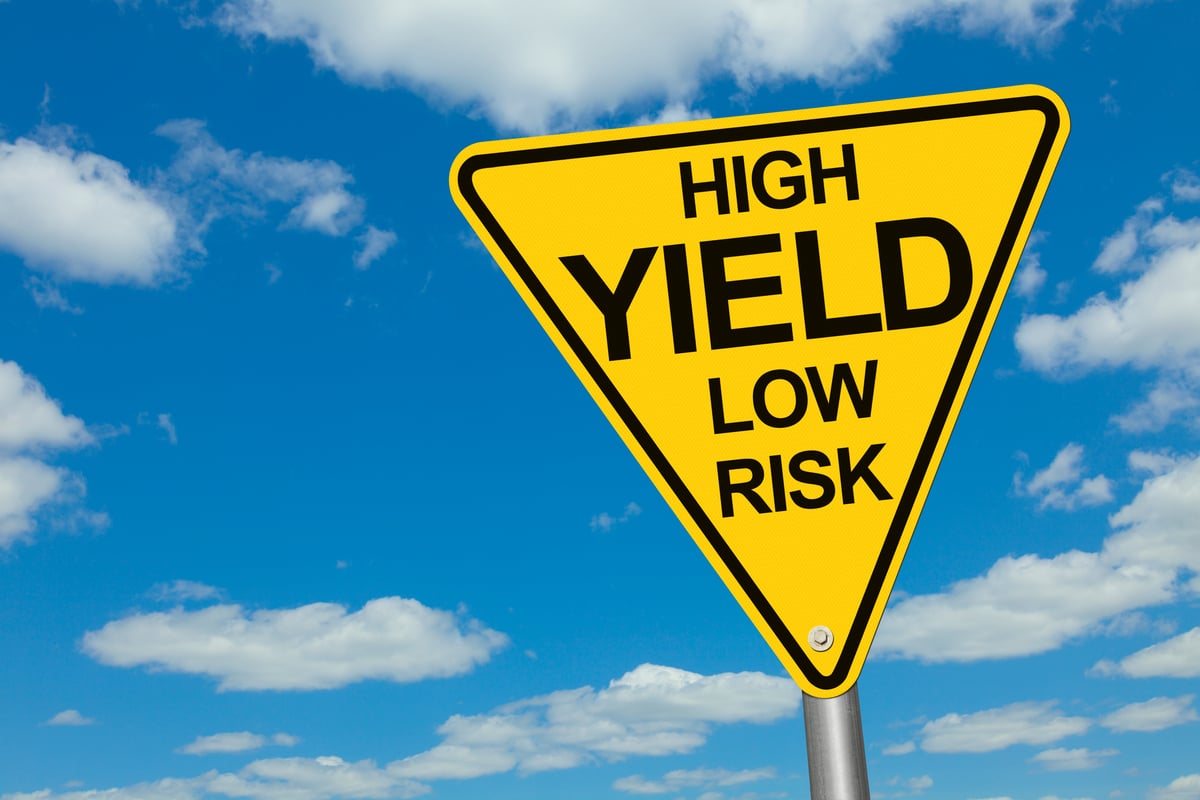Image source: Scotiabank.
Canada's Bank of Nova Scotia (BNS +0.69%) has done a good job of taking advantage of good conditions in the Canadian economy for years, having avoided many of the pitfalls that other global banks fell into during the financial crisis. Nevertheless, the plunge in oil prices has made many concerned about Canada's vulnerability to energy industry weakness, and coming into Tuesday's fiscal second-quarter financial report, Scotiabank investors weren't looking to see much, if any, profit growth from the bank. Fortunately, Scotiabank was able to eke out some gains on its bottom line, and the company also announced a big stock buyback program that adds to its already substantial return of capital to shareholders through dividends. Let's take a closer look at what Scotiabank said and what's ahead for the Canadian bank.
Scotiabank gets warmer
Scotiabank's fiscal second-quarter results put to rest some of the concerns that investors had felt about the bank's health. Total revenue jumped 11% to C$6.59 billion, which was better than the 8.5% growth that most investors were looking to see. GAAP net income fell 12% due to restructuring charges, but after taking out those one-time items, adjusted net income rose almost 4% to C$1.86 billion. That worked out to adjusted earnings of C$1.46 per share, beating the C$1.42 per share consensus forecast among investors.
Taking a closer look at Scotiabank's results, there was a big disparity between its traditional banking and its markets-based segments. The Canadian banking segment saw net income climb 18%, although two-thirds of that rise came from the sale of a lease-financing business. Rising net interest margins and increased income from Scotiabank's recently acquired credit card portfolio added to gains. Meanwhile, the international banking segment posted a 12% gain, with loan, deposit, and fee growth coming both from organic sources and through acquisitions. The weak Canadian dollar also worked in the unit's favor.
As we've seen in past quarters, however, the global banking and markets segment took a hit. Net income plunged 28% from the year-ago quarter as higher credit-loss provisions and a lower contribution to income from equities ate into the division's profitability. The C$278 million after-tax restructuring charge created an offsetting loss in the other business segment, further eroding Scotiabank's GAAP numbers.
Moreover, Scotiabank kept bracing for higher potential losses. The bank boosted its credit loss provisions by about two-thirds, to more than three-quarters of a billion Canadian dollars. Puerto Rico emerged as a potential risk, but exposure to the energy markets still appears to be the primary concern. Scotiabank retained credit risk ratios above relevant regulatory guidelines, with a Common Equity Tier 1 capital ratio of 10.1%.
CEO Brian Porter had good things to say about how the bank did. "The strength of our results this quarter underscores the continued strong performance of both our Canadian banking and international banking businesses," Porter said. The CEO pointed to both personal and commercial banking success in driving positive results in its Canadian market, and Scotiabank's emphasis on Pacific Alliance nations such as Chile, Colombia, Peru, and Mexico have helped the international business dramatically.
What's next for Scotiabank?
Scotiabank thinks its restructuring efforts should pay off with better performance in the future. In Porter's words, "The Bank's investments to reduce structural costs, including this quarter's restructuring charge, will contribute to the digital transformation of the bank. Combined, these efforts should result in notable improvements in our productivity."
Scotiabank also expressed confidence in its stock by implementing a new share repurchase program. The bank will buy back up to 12 million shares of its stock at market prices, with the new program beginning in early June and continuing until June 2017. In combination with its continuing C$0.72 per quarter dividend payment, Scotiabank keeps looking for ways to reward shareholders.
Despite the solid results, Scotiabank stock lost ground, falling 1% by midday following the announcement. Until the energy market fully recovers, some of those who follow the stock will worry that Scotiabank's healthy condition could face a longer-term threat if the Canadian economy weakens in response.







